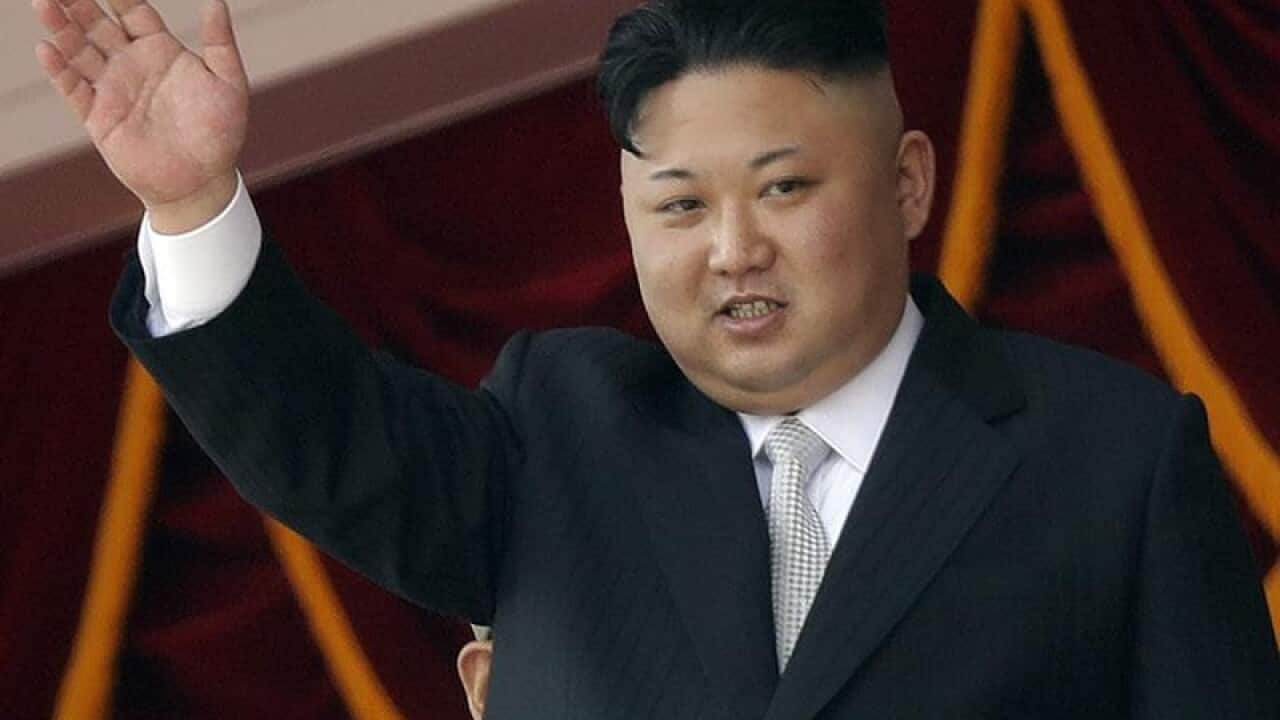North Korea's declaration that it had successfully tested its first intercontinental ballistic missile able to reach the US mainland triggered a joint Chinese-Russian appeal for a military freeze to lower the tension between Pyongyang and Washington.
Experts said the device could reach Alaska. The launch came as Americans prepared to mark Independence Day and sparked a Twitter outburst from President Donald Trump who urged China to act to "end this nonsense once and for all".
The North's possession of a working ICBM -- something that Trump has vowed "won't happen" -- could be a game-changer for countries seeking to thwart the military goals of the isolated state.
China and Russia called for a moratorium on further missile and nuclear tests by Pyongyang after a meeting between leaders Vladimir Putin and Xi Jinping in Moscow. They also called for a simultaneous suspension of large-scale US-South Korea military exercises.
"The opposing sides should start negotiations and affirm general principles of their relations including the non-use of force, rejection of aggression and peaceful coexistence," the joint statement said.
British foreign minister Boris Johnson asked the international community to "redouble its efforts to impose a price on this regime, which strains every nerve and sinew to build nuclear weapons and launch illegal missiles."
The "landmark" test of a Hwasong-14 missile was overseen by leader Kim Jong-Un, an emotional female announcer said on state Korean Central Television.
The broadcaster showed his handwritten order to carry out the launch, and pictures of him grinning in celebration, clenching his fist.
The rocket was "a very powerful ICBM that can strike any place in the world", the announcer said, and "a major breakthrough in the history of our republic".
The North's Academy of Defence Science, which developed the missile, said it reached an altitude of 2,802 kilometres and flew 933 kilometres, calling it the "final gate to rounding off the state nuclear force".
There are still doubts whether the North can miniaturise a nuclear weapon sufficiently to fit it onto a missile nose cone, or if it has mastered the technology needed for it to survive the difficult re-entry into the Earth's atmosphere.
But it has made great progress in its missile capabilities since Kim came to power. He has overseen three nuclear tests and multiple rocket launches.
In response to the launch but before the announcement, Trump asked on Twitter: "Does this guy have anything better to do with his life?"
The United Nations has imposed multiple sets of sanctions on Pyongyang, which retorts that it needs nuclear arms to defend itself against the threat of invasion.
'All of Alaska'
US Pacific Command confirmed the test and said it was a land-based, intermediate range missile that flew for 37 minutes before splashing down in the Sea of Japan, adding the launch did not pose a threat to North America.
Moscow's defence ministry called it medium-range. But Tokyo -- in whose exclusive economic zone it came down -- estimated the maximum altitude to have "greatly exceeded" 2,500 kilometres, prompting arms control specialist Jeffrey Lewis to respond on Twitter: "That's it. It's an ICBM. An ICBM that can hit Anchorage not San Francisco, but still."
David Wright, of the Union of Concerned Scientists, wrote on the organisation's allthingsnuclear blog that the available figures implied the missile had "a maximum range of roughly 6,700 km on a standard trajectory".
"That range would not be enough to reach the lower 48 states or the large islands of Hawaii, but would allow it to reach all of Alaska."
Japanese Prime Minister Shinzo Abe told reporters: "This launch clearly shows that the threat has grown."
The US, Japan and South Korea will hold a summit on the issue on the sidelines of this week's G20 meeting, he added. "Also I will encourage President Xi Jinping and President Putin to take more constructive measures."
South Korea's President Moon Jae-In warned the North against crossing "the bridge of no return."
'Not wise'
Washington, South Korea's security guarantor, has more than 28,000 troops in the country to defend it from its communist neighbour. Fears of conflict reached a peak earlier this year as the Trump administration suggested military action was an option under consideration.
There has also been anger in the United States over the death of Otto Warmbier, an American student detained in North Korea for around 18 months before he was returned home in a coma in June.
Trump has been pinning his hopes on China -- North Korea's main diplomatic ally -- to pressure Pyongyang.
Last week he declared that Beijing's efforts had failed, but returned to the idea on Twitter following the launch: "Perhaps China will put a heavy move on North Korea and end this nonsense once and for all!"



